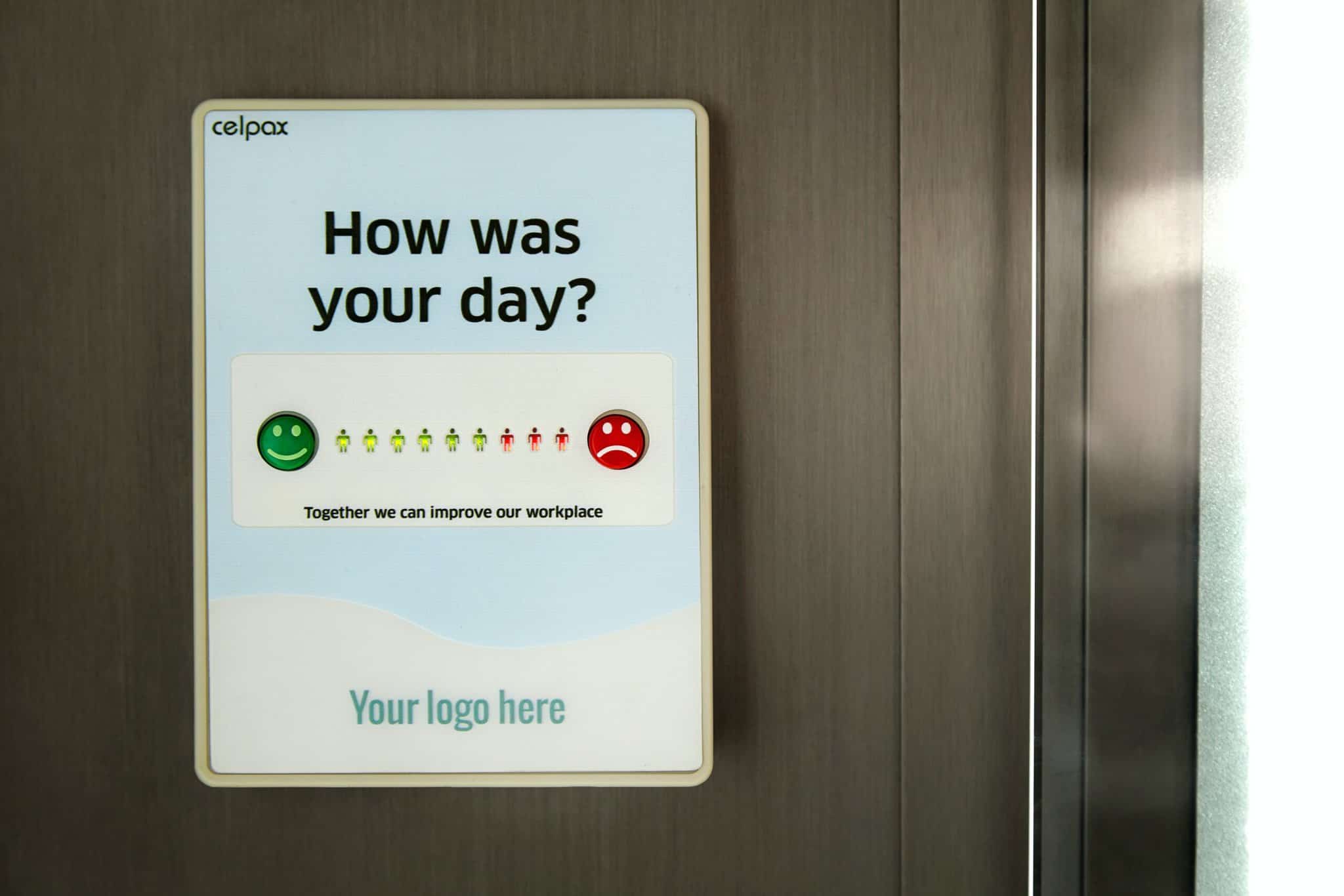What Is The Purpose Of Hiring Consulting Sales Companies?
This article is based on a recent study on effective consulting sales companies, including interviews with five well-known business partners and officers. It also derives from our understanding of managing new consultants and the numerous talks and relationships we have had with consultants and clients both domestically and internationally. As a result of our capabilities, we would want to offer a method for defining the goals of consulting sales companies. Both sides are more prepared to experience the participation process properly when there is clarity regarding the objective.
Information Exchange
Obtaining information is perhaps the most prevalent motivation for seeking assistance. Opinion surveys, price studies, site analysis, consumer surveys, and assessments of an industry’s or business’s efficient functioning may all be used to compile it. The corporation may require a consultant’s specialized knowledge or the firm’s more accurate, up-to-date data. Alternatively, the firm may not have the time or resources to generate the data internally.
Usually, all a consumer needs are information. However, the information that a customer requires may differ from what the consulting sales companies are requested to provide. One CEO wanted to know if each vice president created enough work to justify keeping his own secretary. People he contacted claimed the project was a waste of time since he already knew the answer and that costly research wouldn’t persuade the vice presidents.
Experts must investigate their clients’ fundamental requirements. They must reply to data demands so that they can understand and solve additional needs as part of the engagement’s plan.
Problem-solving- consulting sales companies
Sales managers are frequently assigned tough problems to consultants to handle. A customer could want to know whether to produce or purchase a component, buy or sell a business line, or modify a marketing approach, for example. Sales management may also inquire about how to restructure the organization to make it more adaptable to change. Apart from this, they can ask about the financial policies to implement; or the most realistic remedy to a dilemma involving compensation, self-esteem, effectiveness, information exchange, regulation, succession planning, or other issues.
A consulting sales company should not be hasty in rejecting or accepting the client’s initial description. Let’s say the issue is low morale and poor performance among the hourly workforce. The consultant who takes this concept at its value may spend a lot of time analyzing symptoms without ever finding the root of the problem. A consultant who rejects this approach of expressing the problem too soon, on the other side, will stop a potentially beneficial consulting process before it ever begins.
The accurate diagnosis
The skill of consulting sales companies as diagnosticians accounts for a large part of their value. Nonetheless, the process of forming an accurate diagnosis can put a strain on the consultant-client relationship since sales managers are typically afraid of being blamed if they find unpleasant conditions. A thorough analysis of the external market, the business’s expertise and finances, and the conduct of other employees isn’t enough for a qualified diagnosis. The consultant must also inquire as to why executives took certain decisions that now appear to be errors or overlooked certain variables that now appear to be significant.
Clients are more likely to admit their participation in issues and accept a redefinition of the consultant’s work when they engage in the diagnostic process. As a result, top businesses form combined consultant-client task groups to concentrate on data analysis and other aspects of the diagnostic process. Sales managers instinctively begin to take remedial action as the process progresses, rather than waiting for official recommendations.
Actions to Recommend
The engagement usually finishes with a detailed report or an oral presentation that summarizes what the consultant has learned and makes specific recommendations to the client. Firms put a lot of work into creating their presentations so that the facts and analysis are presented properly, and the suggestions are persuasively connected to the diagnosis.
Many individuals would conclude that the expert has accomplished the goal of the engagement when he or she offers a consistent, reasonable action plan of activities to fix the diagnosed condition. The consulting sales companies make suggestions, and the client decides whether and how to put them into action.
Putting Changes in Place
The consulting sales companies’ correct role in implementation is a point of contention among consultants. Some claim that assisting in the implementation of suggestions goes beyond the scope of consulting. Others argue that individuals who place sole responsibility for execution with the customer lack professionalism because recommendations that are not executed (or are performed poorly) are a misuse of money and effort. There are various ways in which the consultant may help in execution without overthrowing the sales manager’s position, just as the client can engage in diagnosis without decreasing the value of the consultant’s function.
A consultant will frequently request a second appointment to assist with the installation of a new system that has been recommended. Nevertheless, if the procedure has not been participatory up to this point, the client may decline a request for execution assistance merely because it marks such a significant change in the nature of the engagement. Working with implementation issues effectively necessitates a degree of confidence and collaboration that is progressively built up throughout the collaboration.
Consensus and Commitment Building
The value of any engagement to an organization is determined by how well members agree on the nature of issues and possibilities and suitable remedial measures. Otherwise, the diagnosis will be rejected, the suggestions will be ignored, and valid data will be suppressed. A consultant must be persuasive and have highly honed analytic abilities in order to make sound and convincing suggestions.
However, the capacity to develop and implement a process for gaining consensus on what actions are required and maintaining momentum to see these steps through is essential. This is aptly summarized by one consultant’s observation.
Client Learning Facilitation
Consulting sales companies prefer to leave something of enduring value in their trail. This entails improving clients’ capacity to deal with present problems and assisting them in learning the skills they’ll need to deal with future obstacles. This isn’t to say that successful people work themselves out of a job. Satisfied clients will refer them to others and return the next time they need.
Consultants aid the learning process by including people of the organization in the process of the project. Demonstrating a useful method or recommending a useful book, for instance, frequently achieves more than silently conducting a required analysis. When a technique beyond the professional’s area of specialty is required, he or she may refer you to other experts or educational programs. On the other hand, some sales managers may need to master complicated abilities that can only be learned through supervised experience over time.
Performance of the Company
The practical application sometimes necessitates new sales managerial methods and ideas and changing attitudes toward sales functions and primacy, or even adjustments in how the organization’s core mission is established and acted out. A company’s performance refers to its ability to adjust its policy and behavior to changes in the environment while also maximizing the input of its human capital.
Consultants that include this goal into their work help top sales management achieve their most essential goal: ensuring the organization’s long-term sustainability in a changing world. For many interactions, this may appear to be an overly ambitious objective. However, much as a physician attempting to enhance the operation of one organ may benefit the body’s overall health; the expert sales consultants is involved with the firm as a whole, even if the current task is restricted.








